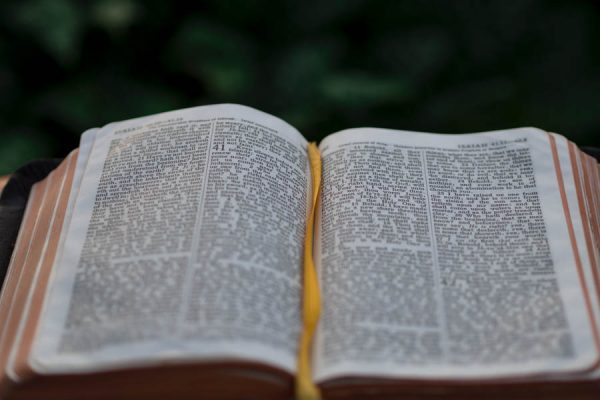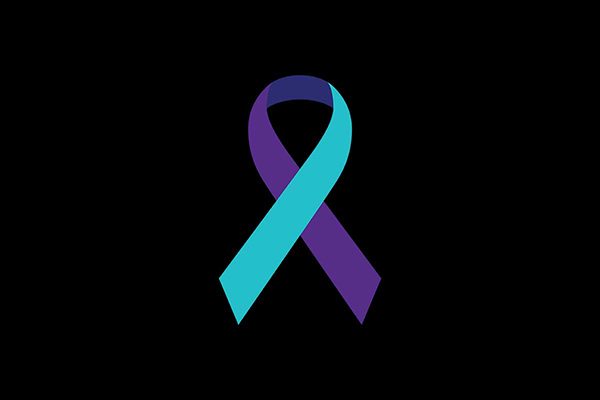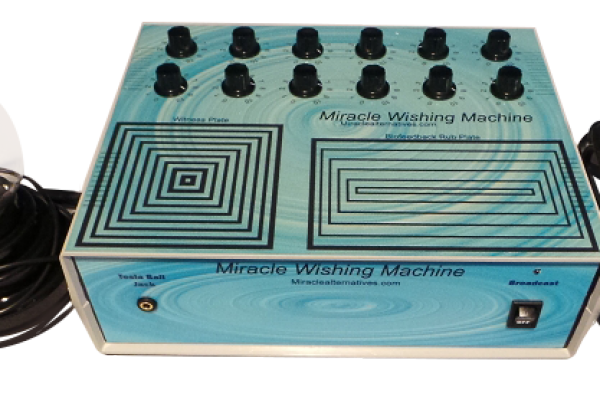The Local Lens: No Subject is Too Trivial When It Comes to Poetry
Every year, Larry Robin, the founder of Philadelphia’s Moonstone Arts Center, hosts an event called Annual Poetry Ink, 100 Poets Reading. The six hour plus marathon reading is usually held in April at Moonstone (750 S. 11th Street) where participating poets get three minutes to read a poem they’ve written. Registration is open to anyone who can apply pen to paper. This includes first time poets, occasional poets, famous poets, delusional poets and even people who can’t write poetry at all, but who are giving it a try for the first time.
To be a reader at the Annual Poetry Ink, all you must do is fill out a registration form and send Moonstone the poem along with a small fee if you want the poem published in the annual 100 Poets Anthology. On the day of the event, scores of participants stream into Moonstone where they mingle with fellow scribes. Since not all of the poets know one another, you’ll often spot loner poets sitting alone or cautiously introducing themselves to somebody.
Robin opens the event by calling the first poet to the podium. Usually the names are arranged alphabetically so if your last name begins with an ‘M’ or an ‘N,’ as mine does, you will never be among the first to be called. Some years the list begins at the end of the alphabet and works its way towards the beginning, but this is the only variation.
100 Poets is a good experience for those eager to hear a diverse chorus of voices from every section of the city. Here you can hear poems about love affairs, cars, shuttle buses, trolleys, parents, religion, politics, racism, hot air balloons, Center City cafes and Fishtown tattoo artists. Many poets get carried away and break the reading limit and read other poems they’ve written. This is commonly referred to as Behind the Podium Mania and it can affect just about anyone. Mania-affected poets just spring their extra poems on the audience in such a way that nobody has time to object. Robin is very tolerant when this happens, but when a poet goes deeper into the mania and doesn’t stop — “Please, you must indulge me, I have one more little poem about my grandmother who died last year”— the body language of the crowd becomes noticeably stressed. Robin may shift in his chair or stroke his beard, but you’ll never hear him command a poet to leave the stage. Thankfully, even poets affected with the worst case of mania know when enough is enough.
Since this is not a slam poetry event where fellow poets hoot and holler or hurl comments and criticisms like sunflower seeds, you’ll never hear sighs of disapproval or negativity when a poet’s poem doesn’t seem “to work.”
Some poets come to the podium and explain in meticulous detail the poem they are about to read. They lay out the groundwork like an architect going over blueprints. Often this explanation can take longer than the actual reading of the poem. Furthermore, not all of the poets who read are a delight to the ear because some of the readers do not how to project their voice. Projecting your voice is the first lesson in public speaking. These poets keep their heads lowered and mumble or drone in indecipherable monotone phrases that even the microphone doesn’t pick up. It’s hard to know what they are saying.
Other poets can barely get their voices to go above a whisper. These very shy Emily Dickinson-types rarely do well at 100 Poets events, but it’s not because their poems are not good, but their inability to project their voice has the effect of tuning out the audience.
Recently I attended an intimate poetry reading in Center City. The small, classy affair featured three poet readers. One of the poets was a soft spoken first time public speaker who made the mistake of telling listeners that this was her first time giving a public reading. She asked that the audience excuse her if she came across as bumbling. I find that true confessions of this type rarely work but in the end have the effect of making the reader even more nervous because everyone’s antennae is up for slip ups. Public confessions of verbal inadequacy seem to open the door to elocution disasters, both great and small. Unfortunately, this first time reader spoke so softly that only those in the front rows could hear what she was saying. Half of the audience heard very little of what she said.
“I’m applauding just to be polite though I didn’t hear a single thing she said,” a man sitting next to me exclaimed.
There’s a Moroccan Bazaar atmosphere to Annual Poetry Ink: People come and go while helping themselves to an array of snacks and drinks arranged on several tables in the foyer of the building. Several years ago, the Moonstone event was a much smaller affair, but that has changed over the years.
The designated reading times allotted to poets can sometimes be altered. Sometimes a poet who is scheduled to read at 5 PM may request an earlier time. The Emergency 100 Poets Jump the Line Pass is usually issued to poets with good excuses (“I have another reading in Hoboken,” etc.). Robin does not interrogate or question poets about the legitimacy of their excuses although he may have his personal doubts. Most of us who have read at 100 Poets have been in this predicament.
Most Philadelphia poets have similar Left-of-Center political views. I have no doubt that many poets at the 21st Annual Poetry Ink Moonstone this year will be reading anti-Trump verses. There will be Chaucerian or Allen Ginsberg chants about Kellyanne Conway, Vice President Pence, Black Lives Matter, white supremacy, the sweetness of sanctuary cities, Vladimir Putin and transgender bathrooms. Poets with conservative or Libertarian views tend not to read at 100 Poets. I don’t know where they go to read their verse. It must be extremely hard for them given Philadelphia’s one drum beat political consensus. I consider myself to be a politically hybrid poet with both liberal and conservative views so I often surprise people, as I think I did last year at Annual Poetry Ink.
Deciding what to write for the event is not a trivial decision. Poets want their poems to be appreciated and remembered. Confessional poetry is the most popular form of expression. People love to write about themselves and their experiences when they are not writing about politics or a great love affair gone sour.
No subject is too trivial, be it a walk to Whole Foods or cleaning up after your dog. One can even turn a simple walk to the local dollar store into lines of verse:
I nearly didn’t make it walking to Dollar Tree
Was almost a hit and run fatality when a man in a silver tinted window Honda smoking blunts with a DUI in his future
Skidded and sent my just purchased box of discount Nectarines
Into the lap of a woman on her way to buy low sodium Progresso soup at IGA.
Even a trip to Dunkin Donuts can inspire versification:
In Dunkin Donuts the lady manager who’s mostly all smiles
Yells at the homeless girl for dying her hair a bright
Halloween red in the bathroom sink and leaving what resembles a blood stained towel behind the French Cruller shaped commode.
You’re no longer welcome here, get, get out!
And let’s not forget poems about transportation that might also involve a gripe or two about Septa:
On the EL platform at Girard people pile up like Hitchcock’s The Birds
Funny how when the train is late those passengers on methadone tend to sink down near the pavement as the iPhone girls (with bangs) try not to stare
Though they’ll look up now & then to see if the train is coming—
On the train of course there won’t be any place to sit or stand
What with the North Star knapsack crowd & the protruding elbows of Middle School students that inevitably stab you in the ribs. •





